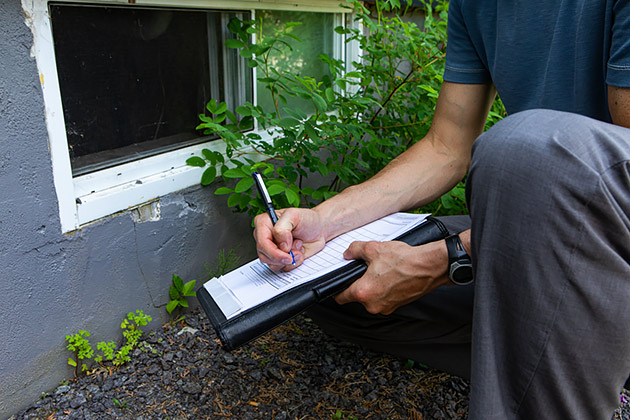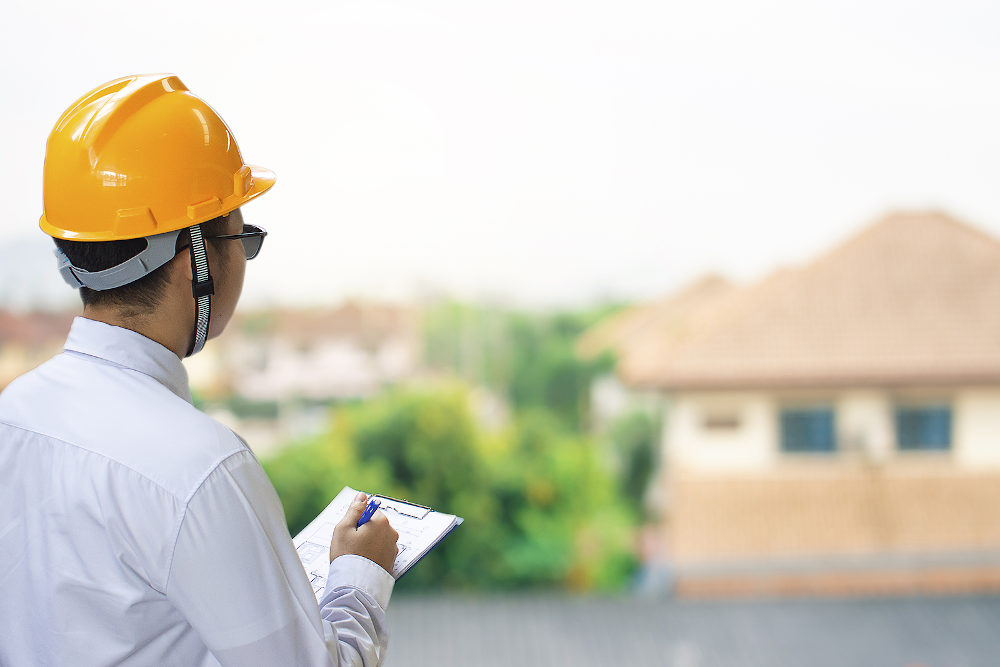All Categories
Featured
Table of Contents
What Is A Building Inspector? in Woodlands Australia 2021
Before you purchase a house, among the things you should do is to have it took a look at by a expert home inspector. Yes, we can hear your objection: "Buying a house is pricey enough as it is! Why would I pick to fork over hundreds more if I'm not needed to?" In this article, we'll dig into what a home assessment can expose and whether it deserves employing an inspector as a home buyer.
A comprehensive examination is a vital action in purchasing a home, and numerous loan providers won't provide funding on a house without one. Home evaluations can reveal possibly lethal problems like mold or faulty circuitry that might trigger a considerable fire. Many prospective buyers have a seven-day window after a house evaluation to stroll away from the purchase.
In new home construction, inspections usually cover:: Checking prior to the concrete is put (as soon as put, there's extremely little that can be corrected).: Checking the structure and mechanics before the drywall is laid.: A complete walk-through is carried out of the completed home.
Building Regulations Site Inspections in Huntingdale WA 2020

The typical inspection lasts two to three hours, and you need to exist for the evaluation to get a direct description of the inspector's findings and, if necessary, ask questions. Also, any problems the inspector discovers will make more sense if you see them personally rather of relying solely on the snapshot photos in the report.
While it is difficult to note everything an inspector could look for, the following house inspection checklist for purchasers need to give you a general idea of what to expect. The inspector will complete a full inspection of the outside of the structure. This will include climbing up into any crawlspaces under the house and using a ladder to reach and examine the roofing system and other items.
However, the bug inspector (yes, you may wish to engage among those too), not the house inspector, will look for real damage from termites, etc. The inspector will let you know which issues are cosmetic and which might be more serious. If the foundation is not noticeable, and it generally is not, the inspector will not be able to examine it directly.
The Benefits Of Obtaining A Building Inspector in Winthrop Oz 2021
The inspector will look for areas where roofing damage or bad installation might allow water to go into the house, such as loose, missing, or improperly secured shingles and cracked or harmed mastic around vents. They will likewise examine the condition of the seamless gutters. Home inspectors do not generally have to inspect specifically for termite damage, mold, asbestos, or water contamination.
The inspector will likewise finish a thorough assessment of the interior of the house. The house inspector will inspect all faucets and showers, look for visible leakages and test the water pressure.

The inspector will take a look at your HVAC system to estimate the age of the furnace and a/c, figure out if they work correctly, and recommend repairs or upkeep. An inspector can also give you an idea of the age of the home's ducting, whether it might have leaks, if your house has enough insulation to minimize your energy costs and whether there is any asbestos insulation.
7 Reasons Why You Need To Get A Home Inspection Before ... in Lynwood Oz 2022

The inspector will likewise let you understand what kind of condition it is in and provide you a basic idea of how numerous years it has actually left. The inspector will sometimes examine cooking area appliances that include the home to ensure they work, but these are not always part of the assessment.
The inspector will make certain the utility room is properly vented. A badly preserved dryer-exhaust system can be a serious fire risk. If the house has actually a connected garage, the inspector will ensure the wall has the correct fire ranking and hasn't been damaged in any way that would compromise its fire rating.
The inspector will examine for noticeable leaks, effectively protected toilets, appropriate ventilation, and other issues. If the restroom does not have a window or a ventilation fan, mold and mildew can end up being issues, and wetness can warp wood cabinets over time.
Building Control Frequently Asked Questions in Fremantle Oz 2021
A home inspector only assesses the house's condition for total safety or prospective trouble areas, like a leaking roofing system, peeling paint, or anything not up to the local building regulations. A home inspection can't recognize whatever that might be incorrect with the home; it just checks for visual cues to issues.
Table of Contents
Latest Posts
10 Warning Signs Before Buying A House: Be A Thorough ... in South Fremantle Australia 2020
Should You Engage A Building Inspector When Building? in South Fremantle WA 2023
Become An Approved Building Inspector (England And ... in Maddington Australia 2022
More
Latest Posts
10 Warning Signs Before Buying A House: Be A Thorough ... in South Fremantle Australia 2020
Should You Engage A Building Inspector When Building? in South Fremantle WA 2023
Become An Approved Building Inspector (England And ... in Maddington Australia 2022